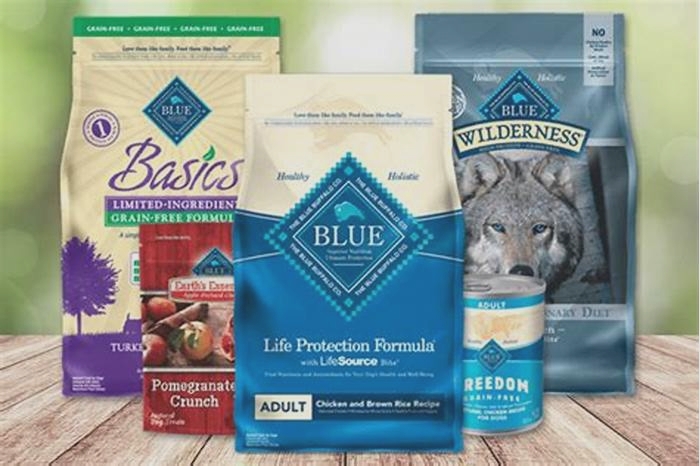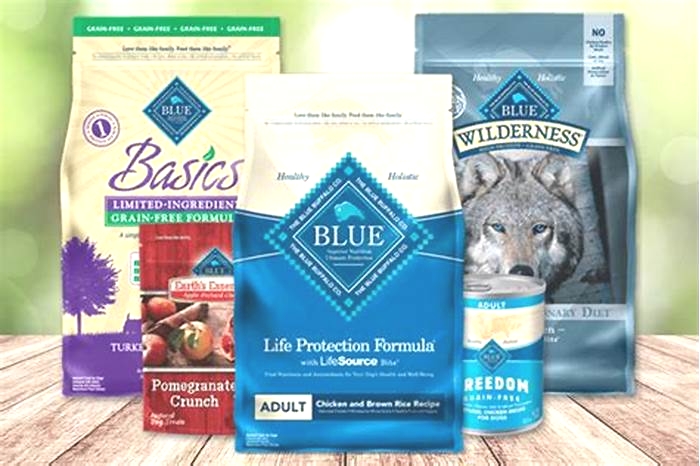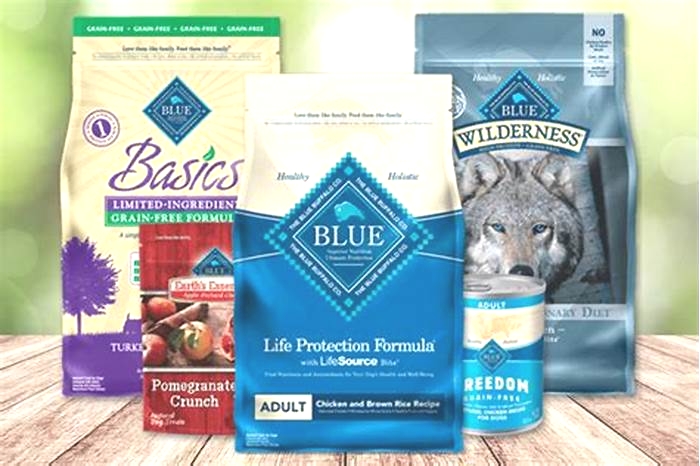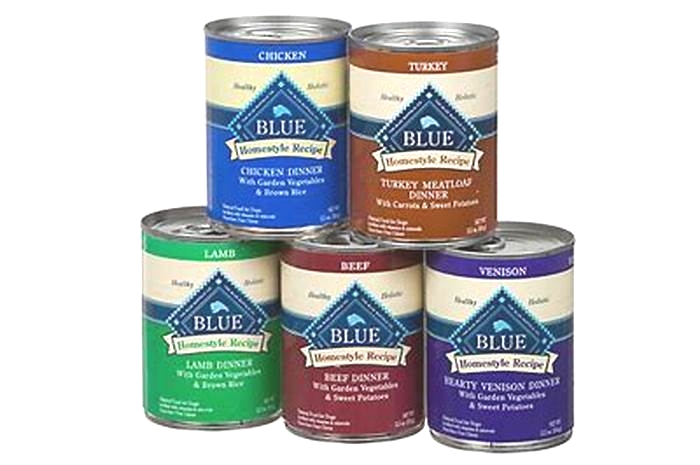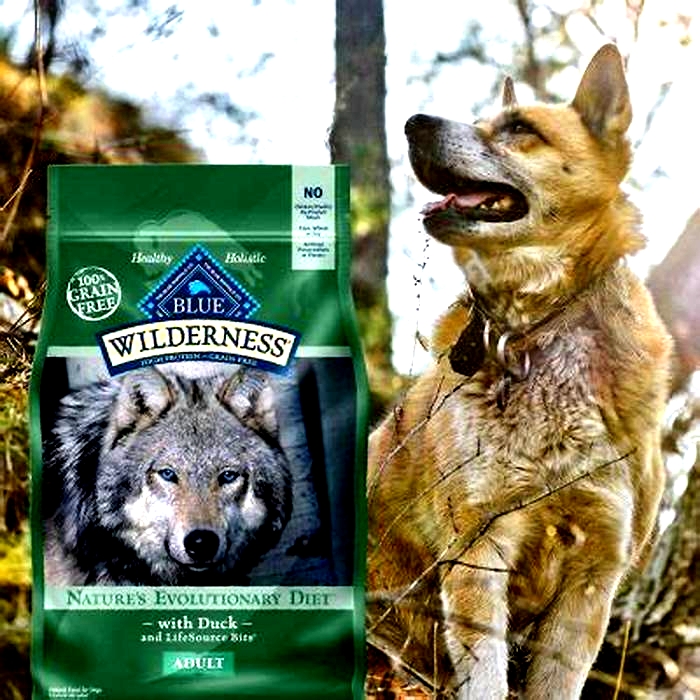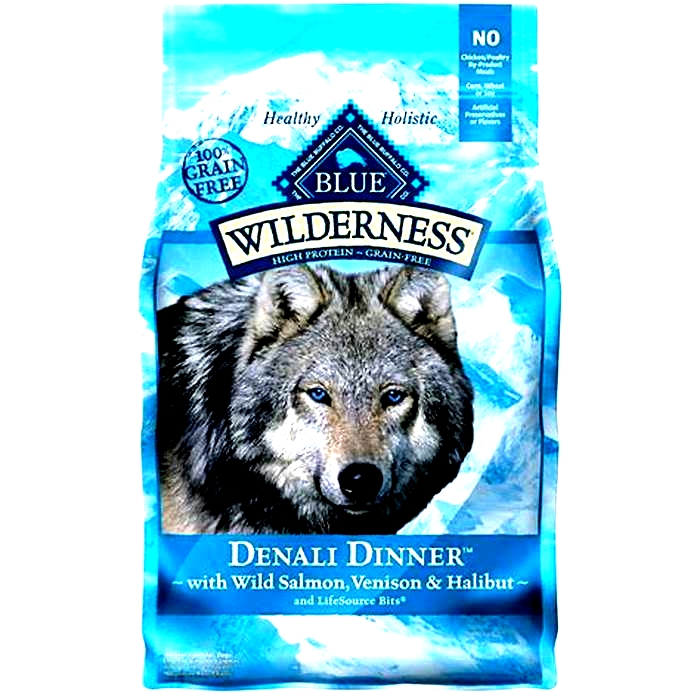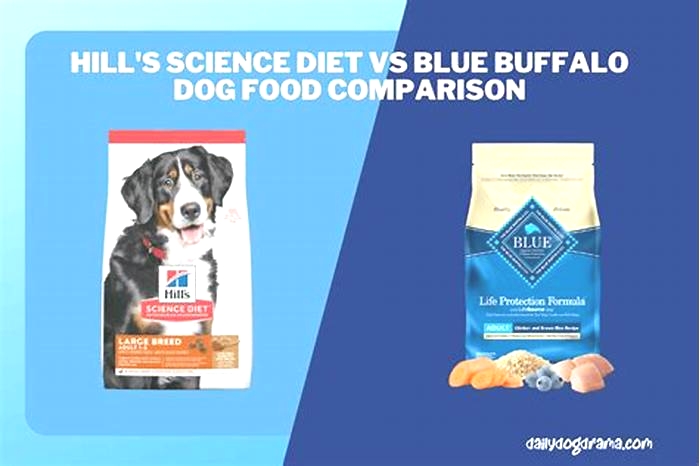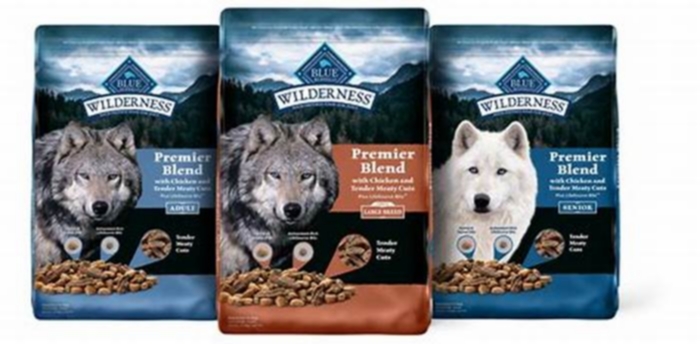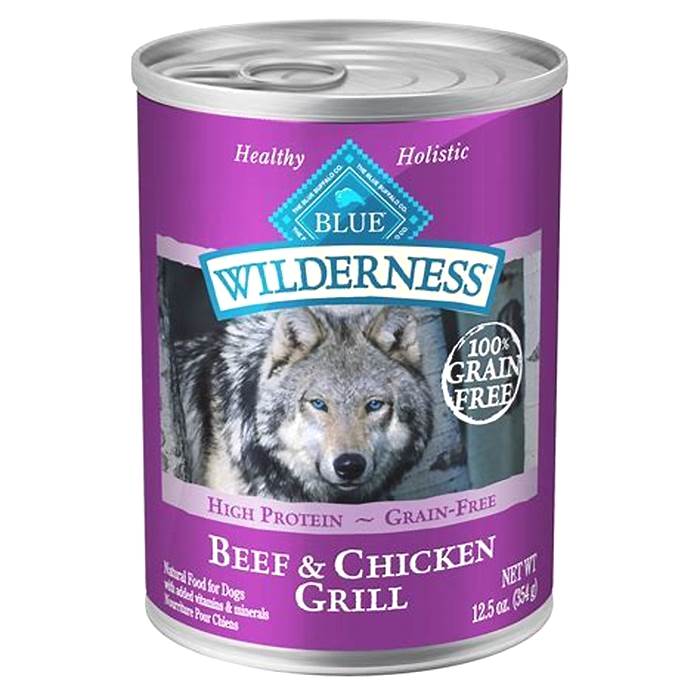What is the lawsuit against Blue Buffalo
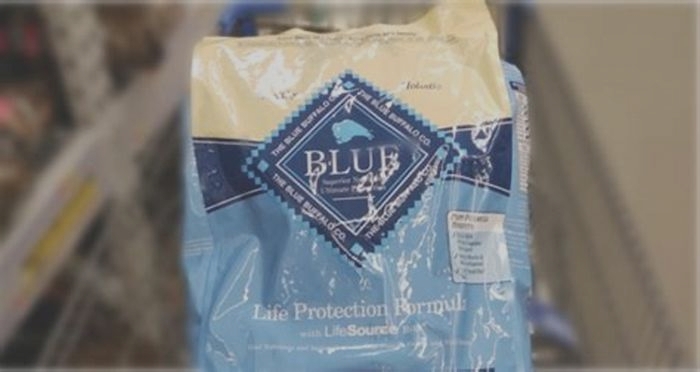
Blue Buffalo Lawsuit Filed Against Blue Buffalo Dog Food Company
Blue Buffalo lawsuit: In recent years, the pet food industry has been rocked by a high-profile legal battle involving the popular pet food brand Blue Buffalo. At the center of this controversy was a lawsuit filed by one of its major competitors, Purina. In this article, well delve into the background of Blue Buffalo, explore the key points of the lawsuit, and discuss the impact of the lawsuit on the company and the pet food industry as a whole.
Background of Blue Buffalo
Founding and philosophy
Blue Buffalo was founded in 2002 by the Bishop family, who wanted to create high-quality pet food after their beloved dog, Blue, was diagnosed with cancer. The companys philosophy revolves around using natural ingredients, focusing on providing the best possible nutrition for pets.
Product offerings
The company offers a wide range of pet food products, including dry and wet foods, treats, and supplements. Their products cater to various life stages, dietary requirements, and health concerns, ensuring that pet owners have plenty of options.
The Blue Buffalo Lawsuit: An Overview
Purinas allegations
In 2014, Purina filed a lawsuit against Blue Buffalo, accusing the company of false advertising and misrepresenting ingredients in its pet food products. Purina claimed that Blue Buffalo had been misleading consumers by stating that their products did not contain poultry by-product meals, corn, wheat, soy, or artificial preservatives when, in fact, they did.
Blue Buffalos response
Blue Buffalo initially denied the allegations, maintaining that their products were made with high-quality ingredients and accusing Purina of attempting to tarnish their reputation. However, as the legal battle ensued, Blue Buffalo eventually admitted to some of these ingredients in their products, blaming a third-party supplier for the mislabeling.
Key Points of the Lawsuit
Ingredient misrepresentation
One of the main points of contention in the lawsuit was Blue Buffalos alleged misrepresentation of its ingredients. Purina claimed that independent testing revealed the presence of poultry by-product meals, corn, wheat, and soy in various Blue Buffalo products despite the companys marketing claims.
False advertising
In addition to ingredient misrepresentation, the lawsuit accused Blue Buffalo of false advertising. Purina argued that Blue Buffalo had built its reputation on providing pet food made from high-quality, natural ingredients, free from common allergens and artificial additives. Therefore, these ingredients in Blue Buffalos products constituted false advertising, according to Purina.
Consumer trust issues
The allegations raised in the lawsuit led to concerns among pet owners about the trustworthiness of Blue Buffalo and the quality of its products. Many consumers felt betrayed, having chosen Blue Buffalo specifically because of its commitment to natural, high-quality ingredients.
The Legal Battle
Initial lawsuit
The legal battle began in May 2014 when Purina filed a lawsuit against Blue Buffalo, alleging false advertising and ingredient misrepresentation. This began a contentious legal fight between the two pet food giants.
Counterclaims and legal maneuvers
In response to the lawsuit, Blue Buffalo filed counterclaims against Purina, accusing the company of defamation and unfair competition. Both companies engaged in a series of legal maneuvers, each attempting to gain the upper hand in the dispute.
Settlement
After years of litigation, the parties settled in 2016. Blue Buffalo agreed to pay $32 million to settle the class-action lawsuit filed by consumers who claimed the companys advertising misled them. While Blue Buffalo did not admit to wrongdoing, the settlement was seen as a significant blow to the companys reputation.
Impact on Blue Buffalo
Reputation
The lawsuit and subsequent settlement considerably impacted Blue Buffalos reputation. The companys claims of using only the best natural ingredients had been a major selling point, and the allegations of ingredient misrepresentation and false advertising tarnished its image in the eyes of many consumers.
Business operations
In addition to the reputational damage, the lawsuit had financial implications for Blue Buffalo. The $32 million settlement was a substantial expense, and the company had to invest in improving its supply chain management and quality control processes to regain consumer trust.
Consumer sentiment
Despite the negative publicity surrounding the lawsuit, Blue Buffalo has retained a loyal customer base. Many pet owners continue to trust the brand and appreciate its commitment to providing high-quality pet food. However, the lawsuit undoubtedly served as a wake-up call for the company and its customers, highlighting the importance of transparency and accountability in the pet food industry.
Lessons Learned
Transparency in marketing
One of the key lessons from the Blue Buffalo lawsuit is the importance of transparency in marketing. Companies must be honest and clear about their product ingredients and manufacturing processes to build and maintain consumer trust.
Consumer vigilance
For consumers, the lawsuit serves as a reminder to be vigilant when choosing pet food products. Researching the companies behind the products and scrutinizing labels and ingredient lists carefully is essential.
Industry regulation
The Blue Buffalo lawsuit also highlights the need for stronger industry regulation and oversight to ensure that pet food companies are held accountable for their marketing claims and the quality of their products.
Conclusion
The Blue Buffalo lawsuit has significantly impacted the pet food industry and has raised important questions about transparency, consumer trust, and industry regulation. While the company has taken steps to address the issues raised in the lawsuit, the legal battle serves as a cautionary tale for pet food manufacturers and consumers.
FAQs
What was the Blue Buffalo lawsuit about?
The Blue Buffalo lawsuit, filed by Purina, accused the company of false advertising and ingredient misrepresentation in its pet food products.
How did the lawsuit affect Blue Buffalos reputation?
The lawsuit tarnished Blue Buffalos reputation, as it questioned the companys commitment to using natural, high-quality ingredients in its products.
What was the outcome of the lawsuit?
Blue Buffalo agreed to pay a $32 million settlement to resolve the class-action lawsuit filed by consumers who claimed the companys advertising misled them.
How has the pet food industry changed since the lawsuit?
The lawsuit has highlighted the need for greater transparency and accountability in the pet food industry, prompting companies to be more cautious in their advertisements.
Blue Buffalo lawsuit
In the Blue Buffalo lawsuit, consumers are seeking compensation for illnesses their pets suffered. The company recently settled a class-action lawsuit involving $32 million in damages. The company denies any wrongdoing but says supplier misconduct may have contributed to the problems. In addition, the recalls havent affected the quality of the companys products. In addition to the settlement, several other consumers have filed suit.
The Blue Buffalo Company claims its Blue Wilderness dog food is healthy and consistent with the diet of wolves.
The company has prominently displayed an image of a grey wolf on its packaging, and touts its food as Natures Evolutionary Diet. The lead plaintiff claims the companys dog food has no scientific basis and therefore has been unreasonably dangerous to dogs. The owner of the lawsuit claims that her dog developed diabetes after eating the brand.
The Blue Buffalo lawsuit states that the company conceals the high carbohydrate content of its products by failing to disclose it on product labels. The claim states that the company promotes non-carbohydrate nutrients while promoting the alleged harmful effects of high carbohydrates on pets. The lawsuit also alleges that Blue Buffalo markets its products to veterinarians and consumers while ignoring the fact that dog foods are high in carbohydrates. However, the lead plaintiffs claims are based on no scientific basis.
The lead plaintiff argues that the Blue Buffalo dog food contains harmful additives that cause cancer in dogs.
The lawsuit claims that the companys True Blue Promise is false. While the claims of the companys products are baseless, the lead plaintiffs claims are nonetheless compelling. This claim will likely result in significant compensation for the dogs of the class. The claim has no scientific basis. The lead plaintiff is confident that the companys settlement will result in a fair settlement for all affected customers.
The lead plaintiff has also filed a class-action lawsuit against the Blue Buffalo Company for misleading advertising. While the company has defended its products, the legal claim that Blue Buffalos products are falsely advertised is a common one for both companies. While the claims are unique, the underlying cause isnt. Rather, the company is accused of deceptive advertising that misleads consumers. It has not admitted any responsibility for this, but the claims have led to a settlement that amounts to US$32 million.
The case is not over yet.
The lead plaintiff maintains that Blue Buffalo violated the California Consumer Legal Remedies Act, and has caused harm to consumers. The lead plaintiffs claims are based on a lack of scientific foundation for the companys claims. If the lead plaintiffs claims are true, then the company should pay the class actions legal costs. The defendant should pay the damages to those individuals who have experienced harm due to its misrepresentation.
The lead plaintiff claims that the product is unfit for human consumption. The lead plaintiffs dog had no medical problems, and the dog died of kidney failure. In the Blue Buffalo lawsuit, the company has been sued for false advertising. The lead plaintiff says that the company has been guilty of defamation since May 2014. Ultimately, the company has settled the lawsuit for US$32 million. Its a win-win for everyone involved.
The lawsuit is also a class action suit against Blue Buffalo.
It was filed in May 2014 by Nestle Purina. The company sued Blue Buffalo for deceptive advertising in the pet food industry. The lawsuit claimed that the companys TrueBluePromise was misleading. Its marketing claims did not include the ingredients. As a result, the case has been dismissed. The plaintiff is still claiming that the company was unaware of the claims and had been a misrepresentation.
The lead plaintiff is the owner of a 4-year-old Cocker Spaniel/Poodle mix who suffered from diabetes. The lawsuit claims that the dog had been suffering from kidney disease and kidney failure since January 2021, despite being a healthy breed. The lead plaintiff claims that the companys True Blue Promise was a false advertising campaign. A wrongful claim may lead to a settlement. Whether Blue Buffalo will pay the money to its consumers is a legal matter for consumers.
Blue Buffalo Class Action Lawsuit Settlement
In late June, Blue Buffalo Pet Products, Inc., settled a $32 million settlement in a class-action lawsuit brought against it. The company was accused of making pet food contaminated with lead and other harmful ingredients. Although the company denied wrongdoing, the claim was similar to that in a 2007 case involving Waggin Train jerky treats. The plaintiffs in the Blue Buffalo lawsuit were unhappy with the brands claims of avoiding poultry byproducts and a lack of artificial flavors and colors.
The Blue Buffalo Company has been sued in California after knowingly selling pet food containing by-product meals instead of chicken meals.
The company has since admitted publicly that the pet food contained misinformation. However, the company did not issue a voluntary recall nor receive state or federal recall authority. While the mislabeling of pet foods is illegal, it is not uncommon for companies to fail to disclose this information. The case claims that the Blue Wilderness dog food contained a large amount of by-product meal.
The Blue Buffalo settlement was reached after a two-year court case. The lead plaintiff argued that Blue Buffalos misleading advertisements had little or no scientific basis. Nestle Purina, the company that makes Blue, sued the company over its True Blue Promise, a claim that lacked a scientific basis. The plaintiffs sought a total payout of $1.25 billion. The case has been settled for $2.35 million.
The lawsuit was filed after the company recalled contaminated dog food.
The companies knew about the level of lead in their food but continued to sell it despite the risk of poisoning their customers. Lead can be lethal, and it can build up in the dogs body and affect its reproductive system. As a result, the lawsuit was filed in the U.S. District Court for the Eastern District of Missouri.
The Blue Buffalo class-action lawsuit alleges that the company failed to test its food for lead content. Despite the risks of lead to dogs, the company continues to sell contaminated dog food despite the risk of cancer. The claim is based on the companys failure to comply with federal law. In a press release, the company said it would not comment on the ongoing litigation. This is in contrast to the situation in the case of Luma-Tech, which does not test for lead content.
The lawsuit also alleges that Blue Buffalos pet food was contaminated with lead.
Although the company publicly acknowledged that the food was contaminated with lead, it did not issue a recall and continued to sell contaminated products. This is a violation of regulations, and it has been determined that the company did not follow the law. There was no indication of any harm from the contaminated products. The claim is based on the fact that the food was mislabeled with lead.
The Blue Buffalo class action lawsuit is based on the companys failure to disclose the correct ingredient content in their pet food. The company knew that the food was contaminated with lead, but continued to sell it anyway. The product was sold even though it contained lead. The company did not issue a recall or receive federal authority to do so. Nonetheless, the lead found in the dog food violated federal and state regulations.
Consequently, the company was sued in a class action over lead contamination.
While it was aware of the dangers of lead in its dog food, it continued to sell contaminated products. The presence of lead in food has been linked to several health problems, including cancer. Affected individuals have not only lost money, but also their dogs have suffered other complications due to lead contamination. So, what can we do? As an owner of a pet, you have the right to decide whats best for your dog. If the company did something wrong, you can pursue a legal claim against them.
The Blue Buffalo class-action lawsuit claims that the company did not disclose the dangerous amounts of lead in its pet food. While the company was aware of the problem, it did not disclose this information to consumers. Therefore, the lead in Blue Buffalo was hidden from the public and not properly disclosed. The lead contamination caused many dogs to get sick. The company has since admitted to the problem, but the alleged substances were hidden in their products. The product contains lead in the ingredients.

